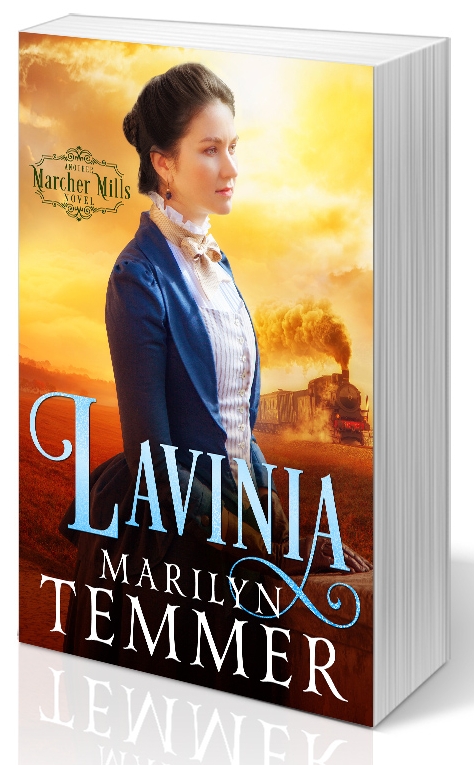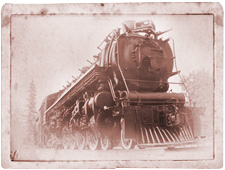 My Word
My Word
« Back to listings The Woman Question is a phrase customarily used in the last part of the 19th century. It questioned the central roles of women in such countries as Canada, Russia, the United Kingdom and the US. But it didn’t begin there.
In the 16th century, for instance, passionate debates occurred about university education for women. Somewhat surprisingly, it was not about their ability to learn or that men were smarter. Instead, the argument focused on their lack of knowledge of mathematics, science, and languages – particularly Greek and Roman. Without such founding information, they would not be able to learn at the university level.
Mary Wollstonecraft, A Vindication of the Rights of Women, published in 1792 had a profound influence on feminists of the mid- and late-Victorian period. Harriett Martineau, one of the first women journalists, became a strong advocate of votes for women.
Some changes occurred. The Married Women’s Property Act, 1891, allowed women to retain and control of their earnings, and in 1878 The University of London started to grant B.A.to women, soon followed by Oxford.
These legal changes coincided with the increasing popularity of the bicycle, the Rational Dress Society, and female grass roots support for the emancipation of women. (Lavinia, published in 2017, includes aspects of both cycling and rational dress.)
Feature Book

"With equal measures of humour and heart, Marilyn Temmer skilfully writes a world from a bygone era. Her characters spring from the page and make us long for a simpler time when dancing meant a waltz." Terry Fallis
Lavinia and her two sisters have changed their names and left their home town in an effort to escape the clutches of their guardian's brother, Cyrus.
Sam Blake recognizes "his lady" at first sight. But he has no idea that the Spencer sisters are independent, business-owning, bicycle-riding modern women.
See what happens when Sam dons sword and shield and endeavors to save his lady from certain ruin.




